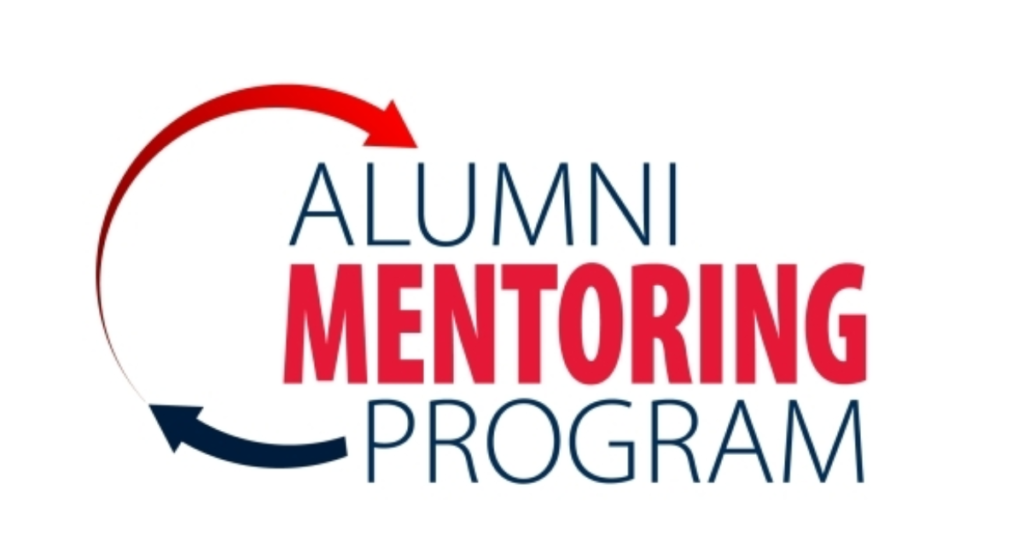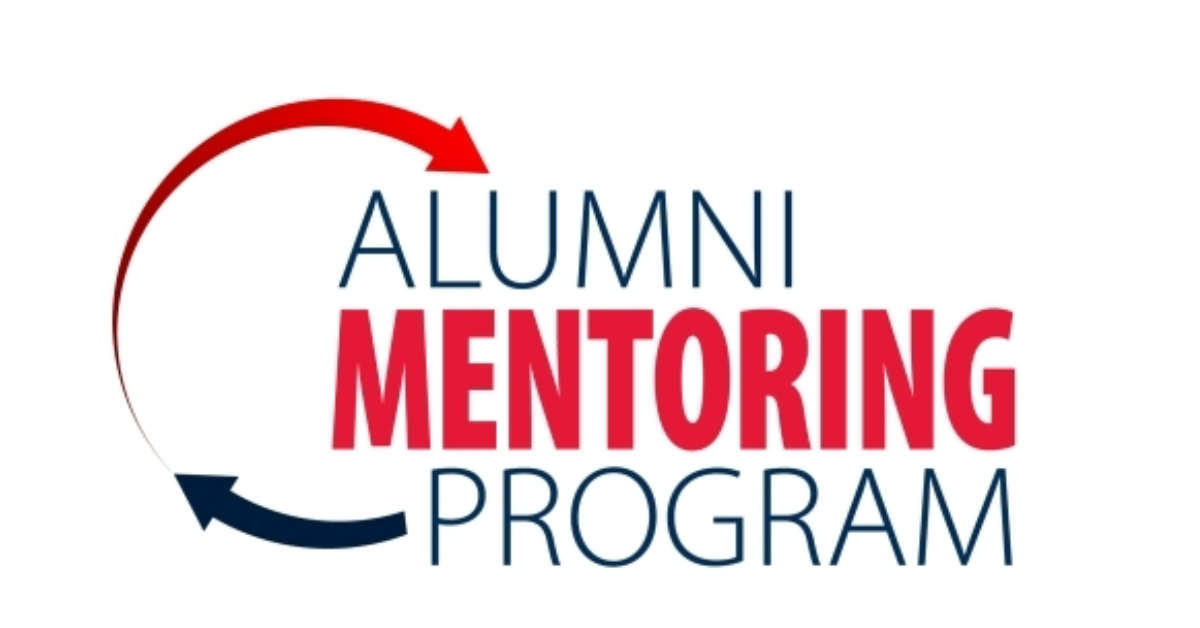Mentorship is a powerful tool in professional development, and when it involves university alumni, it can create a bridge between academic learning and real-world application. The concept of university alumni mentorship is gaining momentum as institutions recognize the value of connecting current students with graduates who have navigated similar paths. This article explores the significance, benefits, challenges, and best practices of alumni mentorship programs, providing a comprehensive overview for universities, students, and alumni alike.

Understanding Alumni Mentorship
Alumni mentorship refers to a structured relationship between current students and alumni of a university. This relationship allows students to gain insights into their chosen fields, receive guidance on career paths, and build networks that can aid their professional growth. Alumni mentors, on the other hand, have the opportunity to give back to their alma mater, share their experiences, and help shape the next generation of leaders.
The Importance of Alumni Mentorship
- Bridging the Gap: Alumni mentorship serves as a vital link between academic experiences and professional realities. Students often face challenges transitioning from classroom theory to practical application in the workplace. Mentors provide real-world insights, helping students understand industry expectations and workplace culture.
- Networking Opportunities: Building a professional network is crucial for career advancement. Alumni can introduce students to industry contacts, provide information about job openings, and offer recommendations. Such networking opportunities can significantly enhance a student’s job prospects after graduation.
- Personal and Professional Growth: Engaging with alumni can foster personal development. Mentors often share valuable life lessons, encouraging students to develop soft skills such as communication, leadership, and resilience. These skills are essential for navigating the complexities of today’s job market.
- Confidence Building: Students often enter the workforce with a degree of uncertainty. Having a mentor can boost their confidence by affirming their skills and providing reassurance. Mentors can help students set achievable goals and motivate them to pursue their passions.
- Diversity of Perspectives: Alumni come from varied backgrounds and experiences. This diversity enriches the mentorship experience, exposing students to different viewpoints and approaches. Such exposure can be particularly beneficial in today’s globalized and multicultural workplace.
Benefits of Alumni Mentorship for Students and Alumni
For Students
- Guidance and Advice: Students receive personalized guidance tailored to their unique situations and aspirations. Mentors can help students identify strengths, weaknesses, and areas for improvement.
- Informed Decision-Making: Alumni can share insights about various career paths, helping students make informed decisions about internships, job offers, and further education.
- Support System: The mentorship relationship can provide emotional support during challenging times, such as job searches or academic pressures.
For Alumni
- Giving Back: Mentoring allows alumni to contribute to their university community, fulfilling a sense of duty to help future generations succeed.
- Personal Satisfaction: Many alumni find personal fulfillment in mentoring, as they reflect on their own journeys and the challenges they overcame.
- Networking: Mentors can expand their professional networks by connecting with other alumni and students, opening doors to new opportunities.
Challenges in Alumni Mentorship
While the benefits of alumni mentorship are clear, there are challenges that universities must address to ensure successful programs.
1. Engagement and Participation
One of the primary challenges is encouraging alumni to engage actively in mentorship programs. Many alumni may be busy with their careers and personal lives, making it difficult for them to commit time to mentorship. Universities need to create flexible programs that accommodate alumni schedules.
2. Matching Students and Mentors
Finding the right mentor for each student can be challenging. Mismatched expectations or personalities can hinder the effectiveness of the mentorship relationship. Universities should implement thorough matching processes, taking into account students’ goals, interests, and preferred communication styles.
3. Training and Support
Both students and alumni may require training to maximize the benefits of the mentorship relationship. Providing resources, workshops, or orientation sessions can help participants understand their roles and set realistic expectations for their interactions.
4. Measuring Success
Evaluating the effectiveness of alumni mentorship programs can be complex. Universities need to establish clear metrics to assess the impact of mentorship on student success, such as job placement rates, alumni satisfaction, and overall program engagement.
Best Practices for Successful Alumni Mentorship Programs
To create a thriving alumni mentorship program, universities can follow these best practices:
1. Define Program Goals
Establish clear objectives for the mentorship program. Are you aiming to increase job placements for students? Enhance alumni engagement? Improve student satisfaction? Defining specific goals will guide program development and help measure success.
2. Foster a Supportive Culture
Creating a culture that values mentorship is essential. Universities should promote the importance of mentorship through events, workshops, and communication campaigns. Highlighting success stories can inspire both students and alumni to participate.
3. Utilize Technology
Leverage technology to facilitate connections between students and alumni. Online platforms can streamline the matching process, allow for virtual meetings, and provide resources for both mentors and mentees. Consider implementing a dedicated mentorship portal where participants can access materials and communicate easily.
4. Offer Training and Resources
Provide training sessions for both students and mentors. These can include workshops on effective communication, goal setting, and best practices for building a successful mentorship relationship. Equipping participants with the right tools can enhance their experience.
5. Establish Feedback Mechanisms
Create a feedback loop to gather input from participants. Regularly assess the program’s effectiveness and make adjustments based on feedback. Surveys, focus groups, and one-on-one interviews can provide valuable insights into the program’s strengths and areas for improvement.
6. Celebrate Success
Recognize and celebrate the achievements of both mentors and mentees. Hosting events, awards, or recognition programs can foster a sense of community and encourage continued participation.
Conclusion
University alumni mentorship programs are powerful vehicles for professional development, providing invaluable resources for students while enabling alumni to give back to their communities. As universities continue to evolve, fostering these mentorship relationships will be essential in preparing students for the complexities of the modern workforce. By embracing best practices, addressing challenges, and promoting a culture of mentorship, universities can create lasting connections that benefit both current students and alumni, ultimately enriching the entire academic community.
In a world where connections are key to success, alumni mentorship stands out as a crucial component of the educational experience, empowering students to achieve their dreams while honoring the legacies of those who have gone before them.
